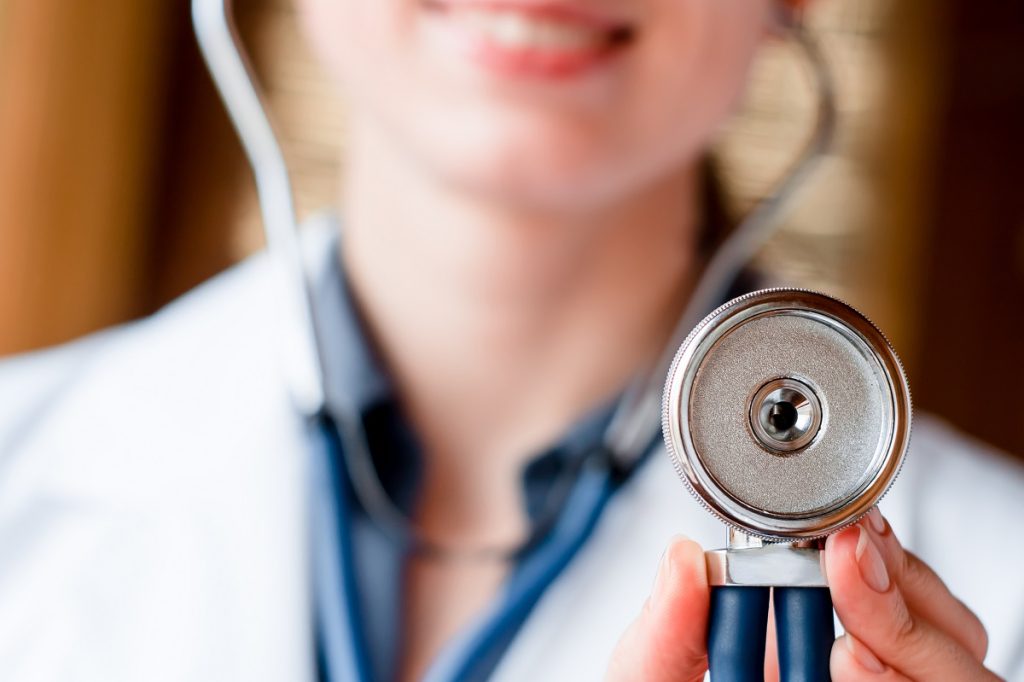- Routine health checks, encompassing basic exams like blood pressure, cholesterol, and blood sugar tests, are vital for maintaining health.
- Targeted exams, like mammograms, endoscopies, and pap smears or prostate exams, are crucial based on individual health conditions.
- Skin exams are essential for early detection of skin cancer, one of the most treatable types of cancer.
- Regular health checks can help detect potential health issues early, contributing to a healthy and fulfilled life.
Your body is your most valuable asset, and taking care of it should be your top priority. This means incorporating healthy eating habits, regular exercise, and getting enough rest into your daily routine. However, there’s one more thing that people tend to overlook when it comes to staying healthy: routine health checks. This guide will go through some of the most crucial routine health checks you should get regularly to keep on top of your health game.
Routine Exams:
Regular exams are like the foundation of keeping yourself healthy. These routine physicals include a check on your vital signs and your overall health condition. This allows doctors to note any changes since your last visit, such as any new symptoms you may be experiencing or any existing conditions that need monitoring. Here are just some of the examples:
Blood Pressure Check
High blood pressure is one of the most common risk factors for heart disease, which is the leading cause of death worldwide. To avoid this, it’s essential to get your blood pressure checked regularly. This is an easy check that can be done in a matter of minutes at your doctor’s office or with an at-home blood pressure monitor. Ideally, your blood pressure should be around 120/80 mmHg.
Cholesterol Test
Cholesterol is a waxy substance that’s found in your blood. If you have high levels of cholesterol, it can lead to the accumulation of plaque in your arteries, increasing your risk of heart disease and stroke. A simple blood test can reveal your cholesterol levels, which should be under 200 mg/dL to be considered healthy.
Blood Sugar Test

Diabetes is a chronic condition that affects how your body processes blood sugar. This can lead to a host of health problems, including nerve damage, kidney damage, and vision problems. Getting your blood sugar checked regularly can help prevent these complications. If you’re over 45 or have other risk factors for diabetes, such as being overweight or having a family history of the condition, it’s imperative to get your blood sugar checked.
Targeted Checks:
In addition to the essentials, there are certain other tests that you should periodically consider getting done, depending on specific conditions that may apply. Here are a few recommendations:
Mammograms
Mammograms, a crucial medical procedure, enable doctors to identify potential breast cancer indicators by meticulously detecting changes in breast tissue. If you are 40 years or older or have a family history of breast cancer, it is highly advisable to prioritize your health and undergo an annual mammogram screening. This proactive approach not only empowers you with early detection but also offers peace of mind, knowing that you are taking necessary steps for your well-being.
Endoscopy
Endoscopies are used to look inside your body, such as your gastrointestinal tract and lungs. This can help diagnose any abnormal growths or symptoms of a more severe condition. If you’re experiencing digestive issues, unexplained bleeding, or have other risk factors for certain conditions, efficient endoscopy services may be recommended by your doctor.
Pap Smears or Prostate Exams

Regular pap smears are crucial for women as part of routine health checks. This test effectively identifies any abnormal cells in the cervix, which could be indicative of cervical cancer. Similarly, for men, prostate exams aid in detecting any irregularities or abnormalities in the prostate gland that may suggest an underlying health issue.
Skin Exam
Skin cancer is one of the most common types of cancer, but it’s also one of the most treatable if detected early. During a skin exam, your doctor will check your skin for any unusual growths, moles, or discoloration.
If anything out of the ordinary is found, your doctor will order further tests to determine if it’s cancerous. For instance, if you have a mole that looks suspicious, they may request a biopsy to get a deeper look.
It’s best to get a skin exam at least once a year if possible. You should also check yourself for any changes in your skin every month.
Getting routine health checks should be essential to your overall health and wellness routine. You can maintain a healthy and happy life by staying on top of your health and catching any potential problems early. So, talk to your doctor and schedule your health checks today.



